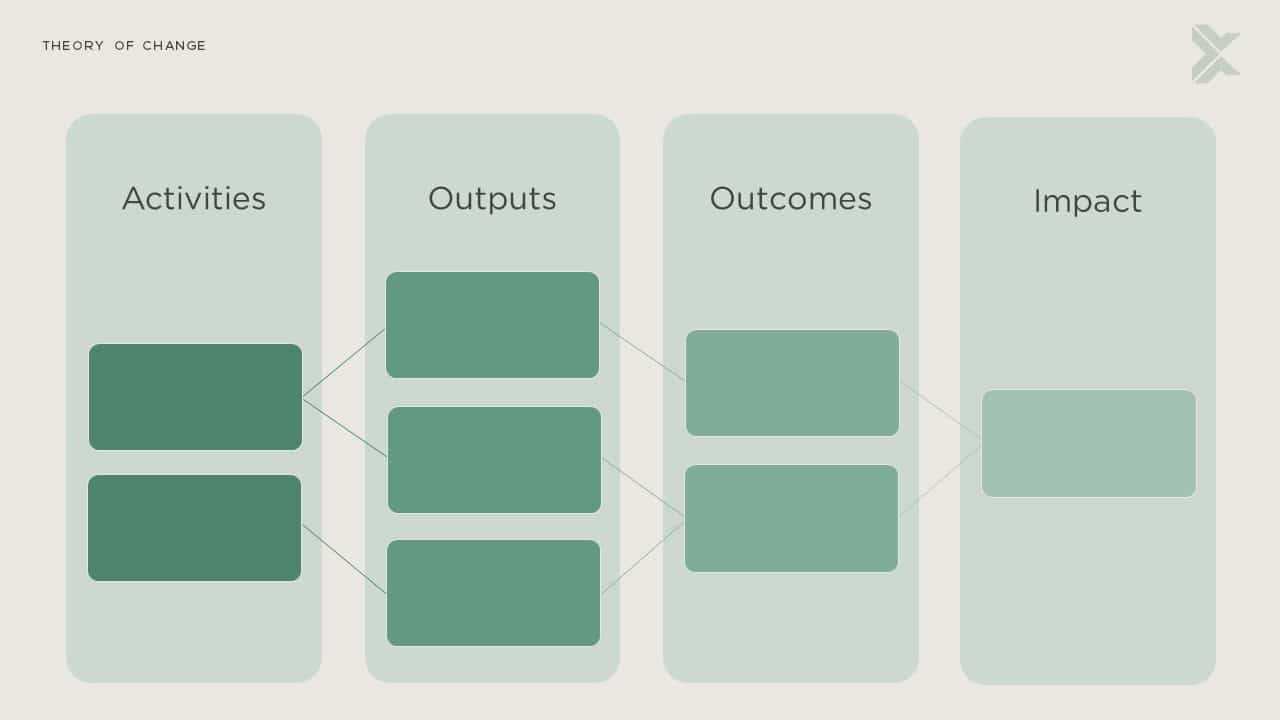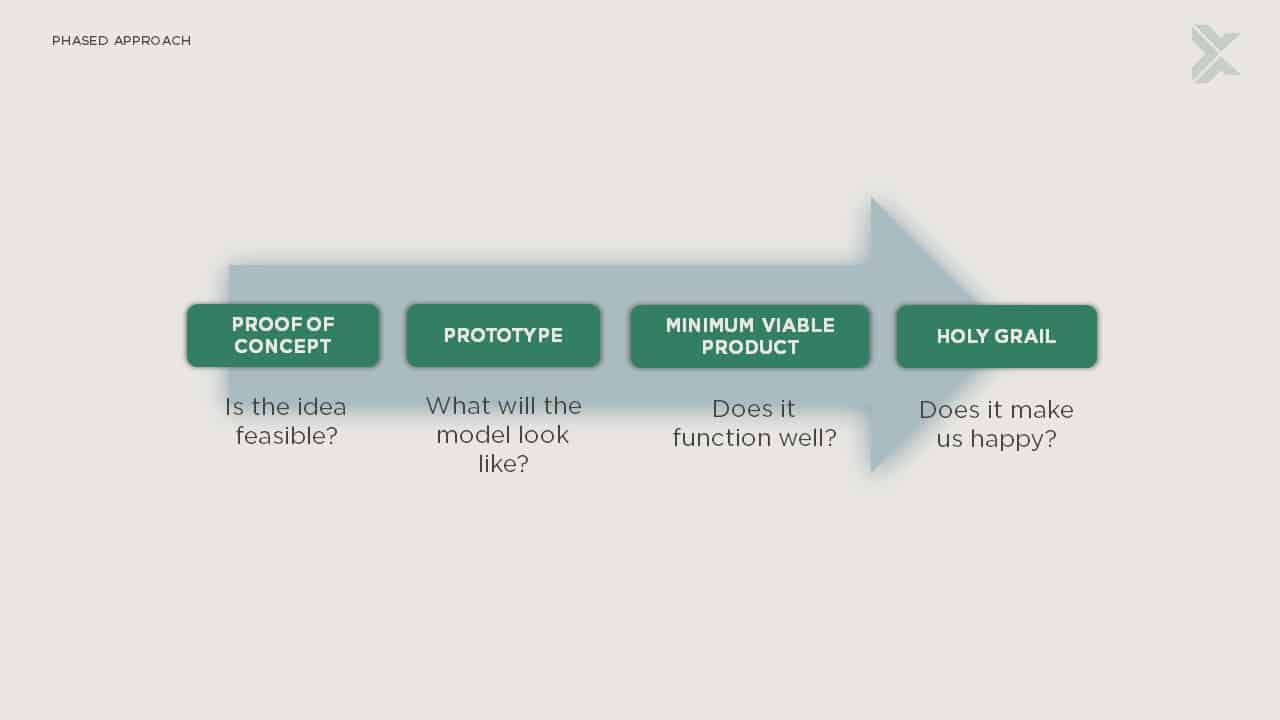With one leg in the tech sector and another in non-profit, Elianne Anemaat is in an interesting position when it comes to using data for social good. She works as both a Project Lead at Amsterdam Data Collective and as Data & Impact Specialist at Disrupt Development. This allows her a unique perspective on what one sector can learn from the other in its journey to use data for social good.
Analytics for social good: Why does(n’t) it work?
The promise of data science and AI in accelerating the achievement of the Sustainable Development Goals (SDGs) has been widely recognised by public, private and non-profit organisations alike. Non-profits have started exploring the value of data in designing and implementing more effective programmes. Meanwhile, tech companies are looking to contribute to social impact with their products and services.
Yet many data-driven initiatives for social good struggle to deliver. While working in both non-profit and tech, it is common to see many well-intended dashboards, digital infrastructures and algorithms fall into the dark hole of unsuccessful IT applications. This usually has little to do with a lack of ambition or expertise, but rather with a disconnect between what is designed and how it is used in practice.
To create a lasting impact, a multidisciplinary approach is needed. Both tech companies and non-profit organisations can learn valuable lessons from each other. So, what steps can these organisations take to ensure their data-driven initiatives for social good reach their full potential?
What tech companies can learn from non-profits: Seeing the bigger picture
While the tech sector has vastly grown by becoming experts at finding efficient solutions to real-world problems, the success of a product does not necessarily equate to positive societal impact. As more and more tech companies venture into data-driven solutions for social good, it means a new perspective is needed: they need to consider how their products and innovations contribute to longer-term societal impact.
This is where many tech companies struggle. Even the most logical solutions to problems may have unintended or even adverse effects when taking the bigger picture into account. This is especially true when dealing with so-called wicked problems. These are socially complex, interconnected problems that do not have a single solution, such as those reflected in the UN’s Sustainable Development Goals. When we talk about reducing hunger and poverty, achieving gender equality, or combating climate change, it does not suffice to measure user numbers or annual revenue. It can take years to find out whether the desired effects of an envisioned solution have taken place.
Theory of Change
Non-profits have been dealing with this dilemma for decades: their funding relies on their ability to demonstrate positive and sustained impact. In order to do so, many non-profits have adopted the Theory of Change (ToC). The ToC is a key methodology in connecting an organisation’s work to the long-term impact they intend to achieve. It focuses on mapping out and explaining the logic of causal linkages between activities and their cascade of effects. This (visual) framework not only informs strategic decision-making, but also functions as the foundation for impact measurement.

When tech companies and non-profits work together to apply analytics for social good, this Theory of Change-type of thinking helps to avoid the pitfall of creating quick fixes for complicated problems. Rather than simply delivering a data product that may or may not serve its purpose, embedding your data-driven innovation within the bigger picture of how change happens allows you to test and validate the underlying assumptions and expectations that make or break the success of your innovation.
What non-profits can learn from tech companies: Think big, start small
The long-term vision and ambition of non-profits comes with a notable weak spot that many organisations fall victim to: they struggle to regularly test and evaluate the effectiveness of their interventions. Commonly, non-profits rely on mid-term and end-term evaluations. These are conducted after several years of implementation to understand how effective their programme has been. This long-term, linear way of working is a major weakness in data-driven innovation because it leads to the very real risk that what is ideated at the start of the project ultimately does not meet the needs of the organisation in practice.
Agile Working Principles
This is where the tech sector comes in with valuable expertise. During the rapid growth of the software development industry, the traditional linear way of working caused too many projects to delay or fail completely. Since introducing agile working, tech companies have become specialists in working in iterative cycles of developing, testing, and deploying their products to improve their quality and uptake.
It may seem daunting for non-profits to adopt agile working principles while simultaneously being bound to donor-imposed linear programme structures. The key here is to plan for iterative, cyclical phases that allow you to adapt using feedback and findings along the way. Rather than working directly towards the end goal, start with building a functional prototype to validate assumptions and expectations. Subsequently, move towards a minimum viable product that can be rolled out and tested among users. Gradually, more features can be added and expanded until you get to the envisioned product. This phased way of working is an essential step to reduce the risk of investing in something that does not pay off in the end.

How the right team can make or break your success
Applying data for social good is fundamentally a multidisciplinary endeavour. The domain expertise of non-profits is crucial to understand how wicked problems need to be addressed. Concurrently, the technical expertise of data scientists is essential to build efficient and accurate models. Still, many initiatives have a tendency for fragmentation. Teams of different experts work separately on their tasks, often reinforced by a lack of shared technical language and understanding.
User-Centred Design
To break through this fragmentation, it is important to recognise that a shared understanding of what the initiative will look like is essential for its success. This does not only apply to the team that is involved in building the initiative. More importantly, it means that you need to focus on the end user every step of the way. This is known as user-centred design, which is frequently applied in the tech sector. It is important to consider that within the SDGs, there is rarely just one static user group involved. More often, there are primary users, secondary users, indirect target groups or beneficiaries, and other stakeholders that might need to be involved in the equation.
Involving multidisciplinary teams and your target group from the start not only improves the design of your innovation, but also significantly reduces the risk of bias. Bias in data collection and analysis is a well-established problem in applying analytics for social innovation. Diversifying your teams both in skills and background is therefore an effort rewarded with better outcomes for all those involved.
How can ADC help your organisation effectively use data for social good?
Amsterdam Data Collective helps organisations realise their data-driven potential. We bridge the gap between strategy and data science by building and implementing data-driven solutions and providing strategic advice. Our multidisciplinary domain experts know how to make data insights actionable and create value by initiating and contributing to the successful completion of the most impactful data science initiatives. A path that is fast and without waste, taking into account people, processes and technology. If you want to become more data-driven, we can help you:
- Develop an effective data-driven strategy
- Design, test and implement data solutions for social good
- Visualise and extract actionable insights from data
- Understand and make your impact measurable
Let's shape the future
Do you want to know more about how we can help your organisation effectively use data for social good? Please contact Elianne Anemaat (the Netherlands), Sofie Lohmann (Denmark), Daniel Ekström (Sweden) or check our contact page.
What stage is your organisation in on its data-driven journey?
Discover your data maturity stage. Take our Data Maturity Assessment to find out and gain valuable insights into your organisation’s data practices.










